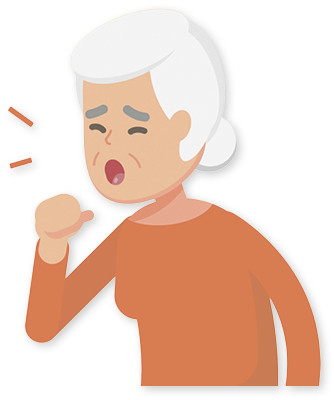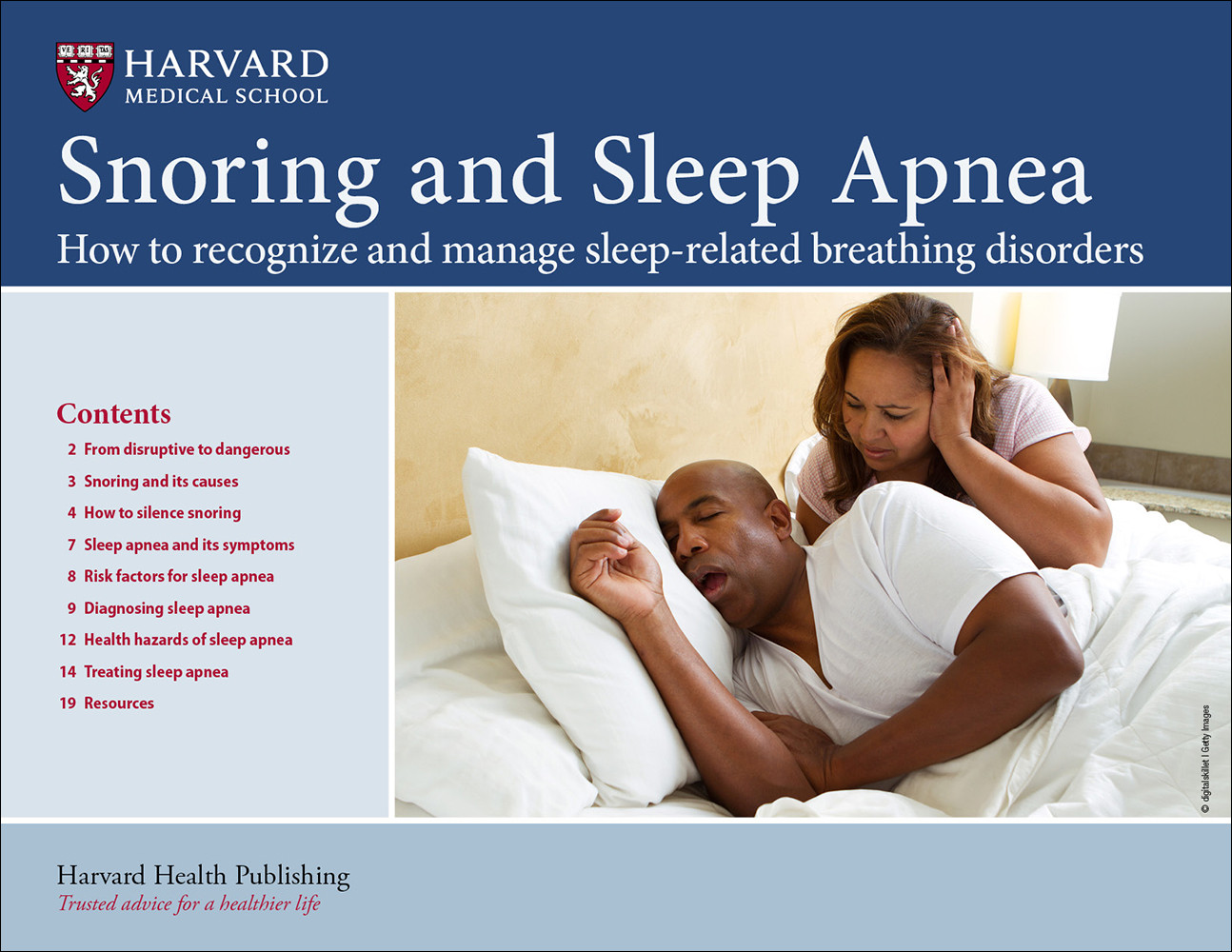Why are you coughing at night?
Postnasal drip, gastroesophageal reflux disease, and other health issues can trigger nighttime coughing spells.
- Reviewed by Anthony L. Komaroff, MD, Editor in Chief, Harvard Health Letter; Editorial Advisory Board Member, Harvard Health Publishing
 Some people don't cough during the day, but then start hacking once they're in bed. Several conditions can cause this, and some have a common culprit: gravity.
Some people don't cough during the day, but then start hacking once they're in bed. Several conditions can cause this, and some have a common culprit: gravity.
Common triggers
Several health issues are associated with nighttime coughing. These are some of the most common:
Postnasal drip. Postnasal drip describes a constant trickle of mucus from the upper airways — the sinuses and throat. "In the daytime, when you're upright, these fluids drain naturally with the help of gravity, and you swallow and clear them. When you lie down, you lose the help of gravity, and mucus collects at the back of the throat. If mucus lands on the vocal cords in the throat, or if you inhale some mucus and it enters the lungs, it triggers a wet cough that produces phlegm or mucus," explains Dr. Neil Bhattacharyya, an ear, nose, and throat specialist (otolaryngologist) at Harvard-affiliated Massachusetts Eye and Ear.
Gastroesophageal reflux disease (GERD). Stomach acid generally is squeezed down into the intestine when the stomach contracts, or is pulled down by gravity. However, when the circular muscle between the stomach and the esophagus (the tube that carries food from the mouth to the stomach) fails to tighten properly, acid can squirt back up, irritating the lining of the esophagus and structures in the throat. This backwash is called reflux. When you lie down, acid doesn't flow naturally into the intestine and can reflux even more easily. "When acid gets on the vocal cords, you start to cough. In severe cases, acid gets into the windpipe and causes wheezing," Dr. Bhattacharyya says. GERD can cause a dry cough that may or may not be accompanied by a burning feeling (heartburn) or pain in your chest.
Medication side effects. Some drugs — for example, ACE inhibitors such as lisinopril (Prinivil, Zestril, others) or enalapril (Vasotec), which are used to treat high blood pressure and heart disease — can cause a frequent, dry cough as a side effect. "In the daytime it might feel more like a need to clear your throat. At night, it's much worse," Dr. Bhattacharyya says.
Heart failure. Heart failure is the term for a gradual decline in the heart's ability to pump enough blood to meet the body's needs. "When the heart isn't pumping well, fluid backs up and seeps into other tissues. In the daytime, when you're upright, gravity forces the fluid into the lower extremities. When you lie down, some fluid builds up in the lungs, which makes you cough," Dr. Bhattacharyya says. "A dry cough at night may be one of the first signs of heart failure."
What you should do
When a new nighttime cough lasts more than a few weeks, see your doctor to rule out the most dangerous causes, like heart failure. Your doctor can also review your prescriptions for potential side effects that might lead to a cough, and swap out a medication if necessary.
Those causes aren't too hard to suss out. "But it can take a bit of trial and error to figure out if GERD or postnasal drip is causing nighttime coughing. I'll typically recommend a month of treatment for one or the other, depending on symptoms, and see if the person gets better," Dr. Bhattacharyya says. "If one avenue doesn't work, we can try the other. It's better than doing an expensive diagnostic test that requires anesthesia."
GERD treatment involves dietary modifications (avoiding foods and drinks that seem to make your GERD symptoms worse) plus drugs that suppress acid, such as omeprazole (Prilosec).
For postnasal drip, treatment involves medication that either thins mucus secretions (so they flow more easily and don't go in wrong places) or dries up mucus production (to decrease the volume of secretions).
Other things you can do
In addition to medical treatment, these strategies might help reduce nighttime coughing:
Sleep on a wedge pillow. The elevation helps you swallow secretions better and makes it harder for stomach acid to reflux.
Use a room humidifier. "This is especially helpful in the winter, when dry air makes secretions thicker. A humidifier can break them up and thin them out," Dr. Bhattacharyya says.
Stay upright after eating. Wait an hour or two before you lie down.
Keep cough drops handy. If you wake up coughing, sit up and (when possible) suck on a cough drop to calm an irritated throat.
Try some honey. Have a teaspoon of honey, or put some in a cup of decaffeinated tea. Some people find that honey can soothe a sore throat and suppress a cough. And at the very least, it can be a comforting treat.
Image: © Boonyen/Getty Images
About the Author

Heidi Godman, Managing Director
About the Reviewer

Anthony L. Komaroff, MD, Editor in Chief, Harvard Health Letter; Editorial Advisory Board Member, Harvard Health Publishing
Disclaimer:
As a service to our readers, Harvard Health Publishing provides access to our library of archived content. Please note the date of last review or update on all articles.
No content on this site, regardless of date, should ever be used as a substitute for direct medical advice from your doctor or other qualified clinician.
















